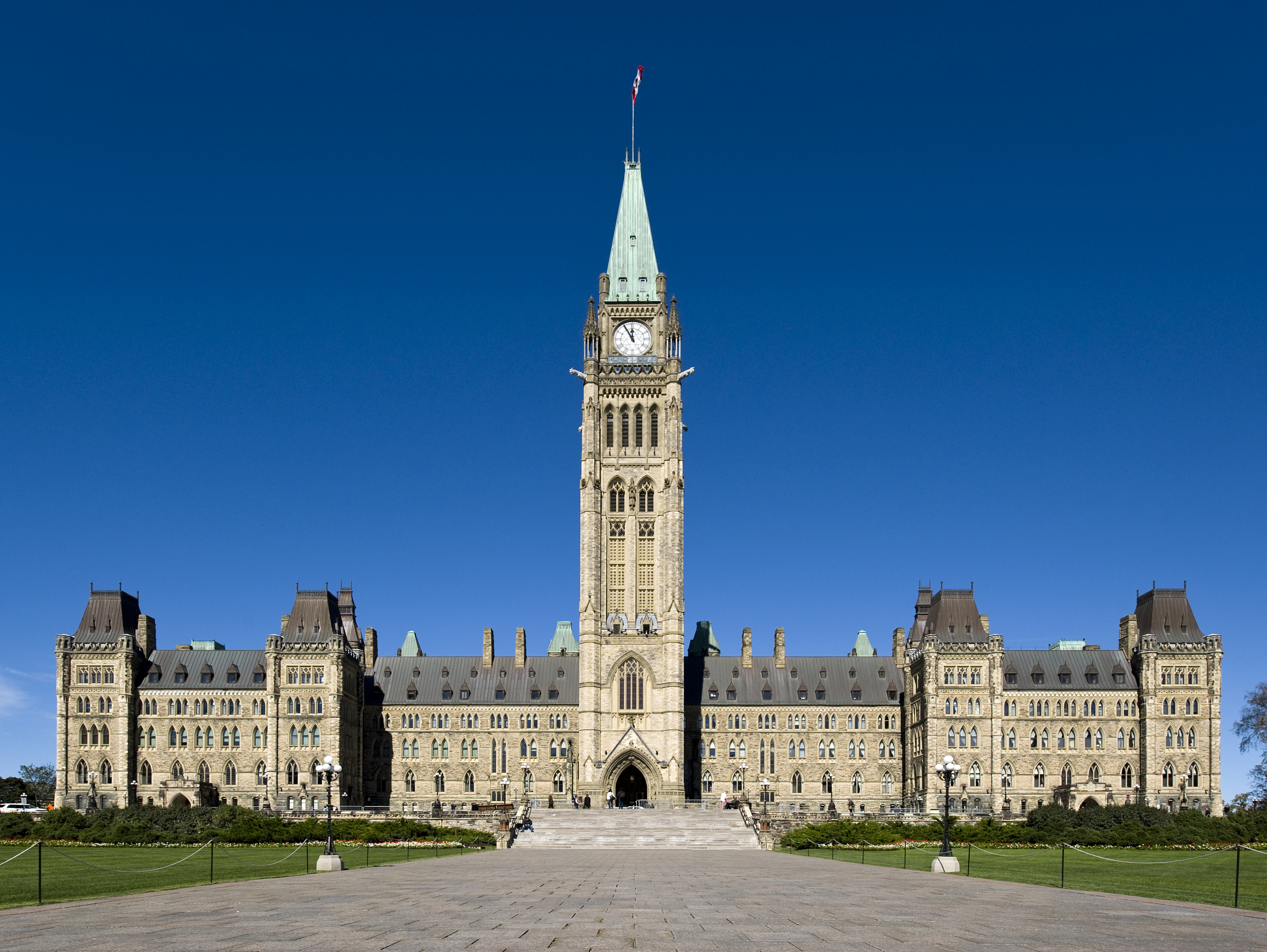EXECUTIVE SUMMARY
This report assesses the relative size of the residential tax burden in Winnipeg. It uses survey data from different sources to compare Winnipeg’s property taxes with major cities in Canada and the United States. While the survey results from these sources differ slightly, they still show that there has been significant progress in reducing Winnipeg property taxes.
The fairest and most common way of making this comparison across jurisdictions requires a look at effective property tax rates, that is, property taxes relative to market values. Cities might have similar tax levels, but where market values are high, residents enjoy much lower effective tax rates than in cities where market values are low. Winnipeg has comparatively low property values for various reasons. This translates into high effective property tax rates:
- A 13-city comparison of effective residential tax rates for different types of dwellings in 2001 based on the Survey of Canadian House Prices, Spring 2002 from the real estate company, Royal Lepage, shows that Winnipeg property taxpayers continue to pay among the highest effective rates in Canada.
- They varied from 2.49 percent for a standard two-story house to 1.96 percent for a detached bungalow. Effective tax rates are lowest in Vancouver, Victoria and Calgary, where they are one percent or less for all housing types. In other parts of the country, effective tax rates on residential property range between one and two percent.
- Effective tax rates are lowest in cities with rapidly growing market values — Toronto, Vancouver, Victoria, and Calgary. Effective tax rates are high in Winnipeg, on the other hand, because of slower growth in housing values.
- Effective property tax rates in Winnipeg are about 60% higher than the average rate in major U.S. cities. However, those cities have access to other revenue sources, a fact which makes comparison problematic.
To adjust for the impact of low property values, several measures of absolute tax burden were also used as a basis for comparison. These statistics drew on an internal 18-city survey prepared by the City of Edmonton’s Planning and Development Department. These include: combined property tax and utility charges burden, property taxes relative to income and property taxes per square foot.
These absolute measures confirm that Winnipeg has among the heavier residential property tax burdens in Canada. Specifically:
- When property taxes and utility charges are combined, Winnipeg has the sixth highest total charges on a standard house in Canada of 18 cities compared.
- Property taxes relative to income for Winnipeg were 4.3 percent, the sixth highest in the country. The lowest taxes relative to income were in Calgary at 2.3 percent of income.
- Winnipeg has the fourth highest property taxes per square foot of the seventeen cities compared.
The city with the highest education taxes in the Edmonton survey was Winnipeg, followed by Saskatoon and Vancouver. This part of the city’s residential tax burden accounts for almost half the amount of total property tax.
Although Winnipeg’s position on the cumulative ranking for 2001 remains the same as in 2000, the figures do contain the good news that the city has managed to lower its property taxes in the new year reported. But the improvement failed to improve Winnipeg’s relative standing because 12 of the 18 other cities surveyed also reduced property taxes over 2000-2001.
There has been solid progress in reducing the levy. The Edmonton survey data shows that property taxes fell in Winnipeg during 2000-2001 due to a 6.5% reduction in the city portion of the tax and a 23% increase in the provincial property tax rebate. While Winnipeg had the 12th lowest city taxes of 18 cities in the City of Edmonton survey, its combined ranking remained at 15th out of 18 since it continues to have the highest education taxes levied on property in Canada.
Winnipeg’s property taxes are high partially because it relies more on property taxes to fund services than other cities. To improve its ranking on this survey by lowering property taxes the following approaches are recommended:
- 1.Broaden city revenue sources to include municipal sources common in many Canadian cities such as hotel room taxes and user fees based on full-cost recovery.
- 2.Phase out school property tax over five years and pay for it by 1) eliminating the provincial property tax rebate and shifting its revenues to education funding and 2) broader education reforms.
- 3.Encourage more operating efficiencies at Winnipeg City Hall by mandating a shift to output based service delivery models through amendments to the City of Winnipeg Act.
- 4.Implement a focussed provincial strategy to deal with the broader reasons for low house values in Winnipeg. A shift to a high growth policy model with lower taxes and better public services would boost demand for houses, increase their values and lower effective property tax rates.
A combination of a broader revenue base, a phase out of school property taxes and best practices operating efficiencies at city hall would boost values further and conceivably provide scope to lower property taxes by 60-75% or more.
Read Pdf (16 pages) –


